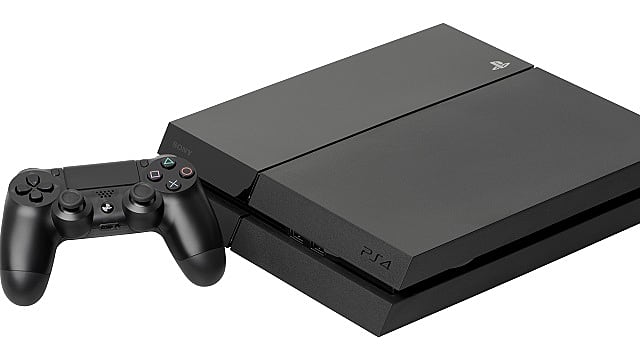In an attempt to untangle how the planning of the attacks went undetected, some have been looking back to a statement made a few days before the tragedy. Jan Jambon, Belgium’s federal home affairs minister, reportedly “warned of the growing use by terror networks of the gaming console PlayStation 4, which allows terrorists to communicate with each other and is difficult for the authorities to monitor,” and is quoted as saying the “PlayStation 4 is even more difficult to keep track of than WhatsApp.”
What happened next has been traced back to a Forbes article which initially reported that a PlayStation 4 was seized in Belgian terror raids; it has since been corrected to note that this had not been confirmed. The piece also goes on to speculate at length how the terrorists could have used the PlayStation 4 to send secret messages to each other, including speculating that:
The author, however, notes that those examples “may sound ridiculous” and has since written a follow-up piece addressing specific concerns and complaints readers had regarding the first article, firmly stating that “[t]here is no mass link between video game consoles and terrorism.”
Unfortunately, those corrections and follow-ups didn’t come quickly enough to prevent the avalanche of articles on the subject from other news sites, bearing such titles as “Terrorists are using PlayStation 4 to communicate” and “Why terrorists love PlayStation 4” - and being reported as fact on the national news. The whole thing reached the point where Sony felt the need to issue the following statement to Eurogamer and other outlets:
Fortunately, some outlets such as Newsweek and Kotaku have since attempted to dig to the bottom of this and correct the false assumptions, but it may be too late to undo the damage.
So why did all this happen?
Though some have claimed that it’s just another case of the biased media trying to link video game culture to violence - which, granted, may have contributed to the spread of the misinformation - I suspect that it was a simple consequence of bad reporting combined with how quickly news spreads nowadays. With everyone looking for news to publish, especially about recent events like this which leave so many terrible unanswered questions in our minds, there’s a rush to publish the news articles and the counter-articles and the counter-counter-articles as quickly as possible. Unfortunately, fact-checking sometimes falls by the wayside.
As for what we can learn from all this, well, I don’t know what to tell you. Don’t jump to conclusions? Check your facts first? Don’t rush to judgement? Headlines always lie? If you’re talking about the PlayStation 4, don’t use a Nintendo title as an example?
I’m not an expert on journalism; I’m just another fallible reporter, and I certainly have no room to judge. Heck, when I first started this article, I thought the claims that the terrorists had used a PlayStation 4 were founded on facts - it was only through a combination of luck and research that I learned the truth. Guess I have a thing or two to learn myself.
